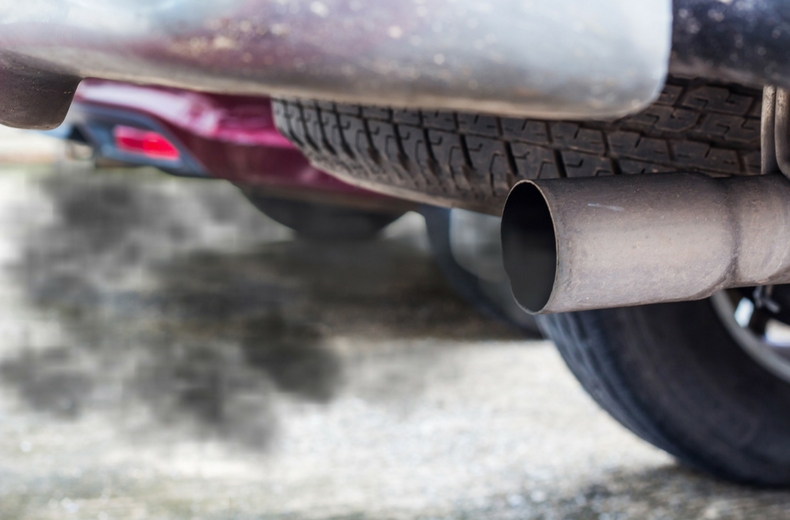
With environmental issues high on the agenda, the quality of the air we breathe - particularly in our towns and cities - has quite rightly come under scrutiny. But in a bid to address pollution, have some basic economic principles been overlooked that could undermine progress?
Earlier this year it was reported that almost 2,000 locations across England, Wales and Northern Ireland had levels of air pollution that exceeded safety limits, with road traffic a leading source of one of the most harmful pollutants - Nitrogen Dioxide. Damning statistics like these and public pressure has forced UK cities to consider air quality schemes. Central London – no stranger to traffic controlling measures – recently introduced an ultra-low emission zone, whilst Bristol is considering an outright daytime ban on all diesel cars entering the city centre as well as a charging scheme for buses, taxis, and light / heavy goods vehicles. Irrespective, the consensus is that the polluter pays.
It’s an emotive subject either way. Of course, we all want – and have a right to – clean air, but when the business community is the ‘polluter’ there’s been resistance where clean air zones are being considered. Their concerns are understandable because the cost of implementing such zones is breathtaking.
Let’s look at this in more detail.
Most of the current proposals impose a fixed charge for any vehicles entering the zone which are not Euro 6 compliant (the current and cleanest standard). Under such schemes, only the cleanest vehicles are exempt, with the presumption that operators will invest in their fleet to avoid any costs. This is both naïve and fails to understand an industry which is only now fully waking up to it responsibilities.
Only half of UK large goods vehicles are Euro 6 compliant, with no current retrofit system that could enable Euro 5 or 4 vehicles to meet this higher standard. Even if the money was available, it’s unlikely there’ll be sufficient time to reinvest in the UK fleet before clean air zones come into force – likely to be sooner than later. A realistic scenario therefore would be for some Euro 3, 4 and 5 vehicles to remain in operation for now with older more polluting vehicles taken off the road first.
However, rather than encourage this, the single flat charge being considered by clean air zones acts as a barrier. This is because the older vehicles in question are generally owned by small/niche operators who traditionally do low mileage so therefore don’t have the vehicle turnover of the bigger general hauliers. For example, a scaffolder might have a fleet of 4 vehicles; one Euro 5, two Euro 4s and a Euro 3 class. The cost of replacing all 4 with Euro 6 vehicles is out of the question so they will have to pay to pollute. However, the charge is the same for all the vehicles, so there’s not even an incentive to replace the older more polluting Euro 3 with a cleaner Euro 5.
It’s not just a barrier for small operators.
Let’s assume that a large operator with a fleet of Euro 5 vehicles would like to do the right thing and upgrade to Euro 6 standard. However, the resale price of a Euro 5 will be reduced because they will be subject to the same charge as the more polluting Euro 3 / 4 class vehicles so there’s no incentive to sell and upgrade. At best they will have to find more money to invest in their fleet - at worst, they may shelve the replacement plan due to the potential loss faced on the net asset value of their Euro 5 vehicles.
The other obvious problem is who will bear the charge. Operators who cannot will either withdraw from the market or pass it on to the end user – that’s you and I, the consumer. A sliding scale would at least soften and phase in the impact of any scheme.
In summary, many solutions to the environmental issues we currently face appear simple but mask complex issues and some harsh economic realities. Clean Air Zones are no different, but this is not an argument against them in principle. It’s about having well-thought through schemes that don’t penalise operators for trying to do the right thing, and eases the process of change rather than impede it.
If this was the case I think we’d all breathe a little easier.
Main image credit: rac.co.uk

